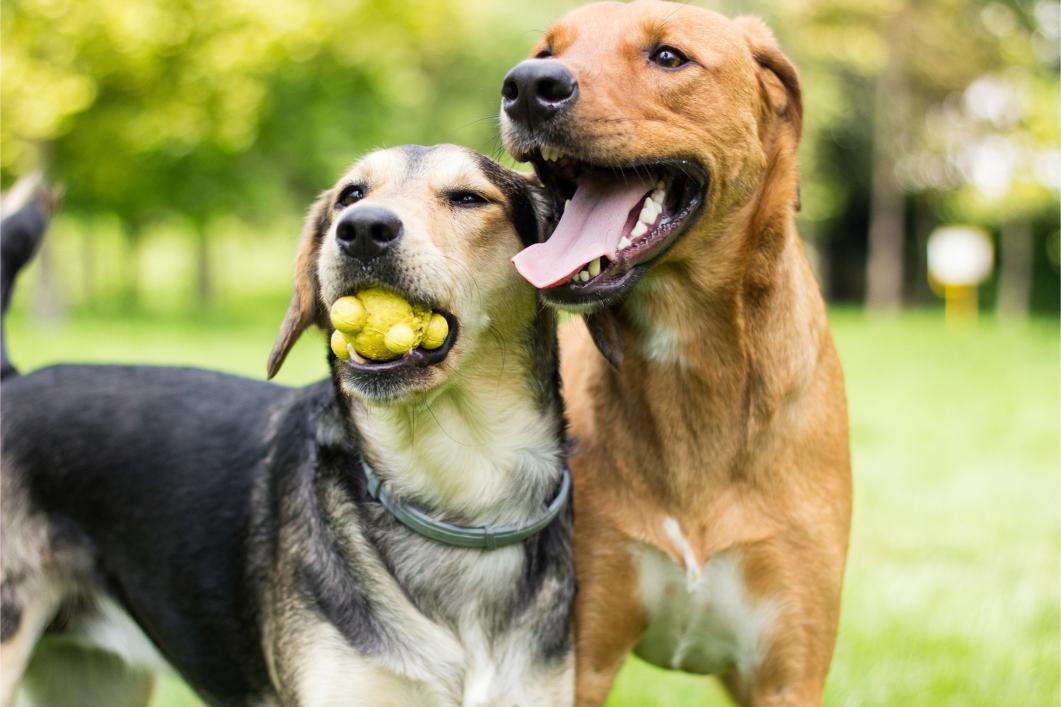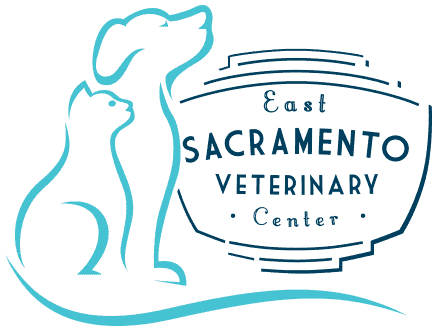From Furry Friends to Social Butterflies: Nurturing Social Skills in Pets

The ability to recognize and adjust to various possible encounters not only yields good vibes, but has the potential to protect pets and their people. Young pets are known to spread joy. But without the skills to fully understand what’s happening around them, puppies and kittens can grow up to be fearful, stressed, and anxious around others. Nurturing social skills is essential to their well-being and is a huge part of responsible pet ownership.
Building Confidence
Socialization is the practice of providing a pet with scenarios that result in positive experiences. Giving them opportunities to interact with other humans of all ages, other pets, and various locations can build skills for future encounters. In turn, this helps a young pet grow into a confident, well-adjusted adult.
Feeling Good
Puppies have a critical phase of development between 3-14 weeks of age that is characterized by an openness and flexibility regarding new people and experiences. Positive feelings during this time can reduce fear or aggression when faced with unfamiliar stimuli.
Placing Guard Rails
Pets need training and exposure in order to learn the ways of the world. Socializing pets can:
- Reduce feelings of fear and doubt caused by a lack of exposure and possible isolation
- Show pets how to behave by introducing them to other animals in similar settings
- Improve travel and veterinary visits
- Establish and maintain a strong bond between pets and their owners
Since pets need to learn how to manage their feelings and moods in all sorts of situations, providing them with daily opportunities to work through unfamiliar settings and individuals. Set the tone, and they will eventually match your neutral, open approach.
How to Prioritize Pet Socialization
While they cannot safely explore public areas until fully vaccinated, young pets can still be introduced to all sorts of places and people.
- Seek positive interactions with people of all ages, genders, races, heights, weights, and other signifiers. Show them that people with beards, hats, glasses, canes, wheelchairs, bicycles, and strollers are all okay.
- Take them to parking lots near busy intersections, airports, hospitals, and parks.
- Once they are vaccinated, allow them to explore public areas that have sand, gravel, asphalt, and other surfaces. Reward them when they show acceptance.
- Provide opportunities to safely meet other vaccinated pets.
- Introduce them to all of your home’s appliances so they won’t become scared or suspicious of the vacuum or washing machine. This goes for power tools and lawn equipment as well. Play music, films, and television programs so they can become accustomed to the sounds.
Positive reinforcement training emphasizes the power of association. When a pet makes the connection between a behavior and a reward, they are more likely to repeat the behavior. Never scold or punish a pet for being scared or nervous around a person, crowd, or sound. Move ahead only as a pet show trust and confidence in the socialization schedule you create together.
If you have questions about socializing a pet or concerns about animal behavior, please give us a call at (916) 737-5670. Our staff at East Sacramento Veterinary Center is always happy to help.
